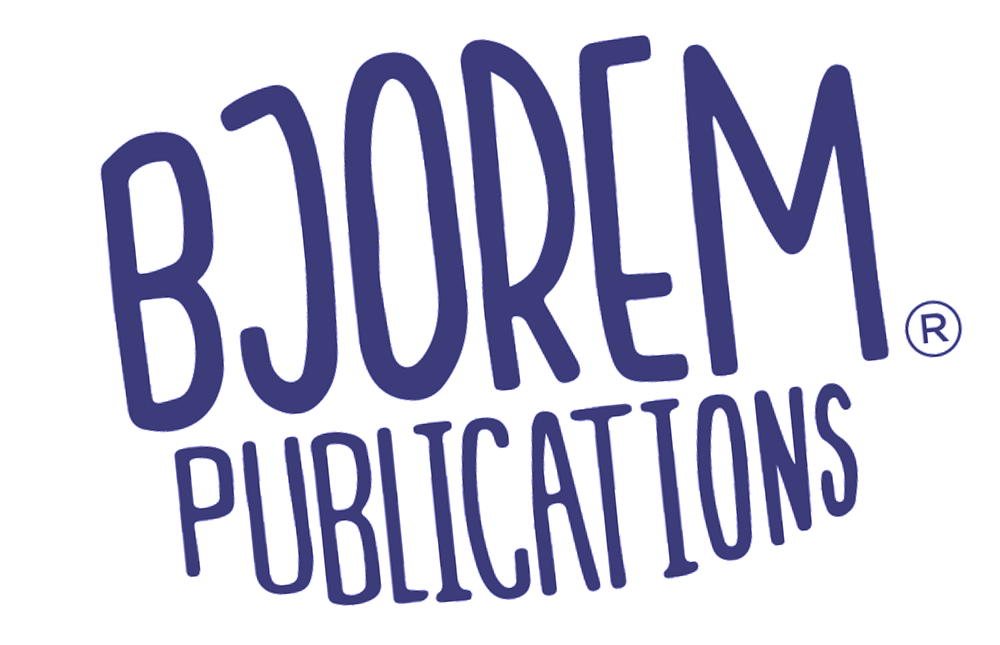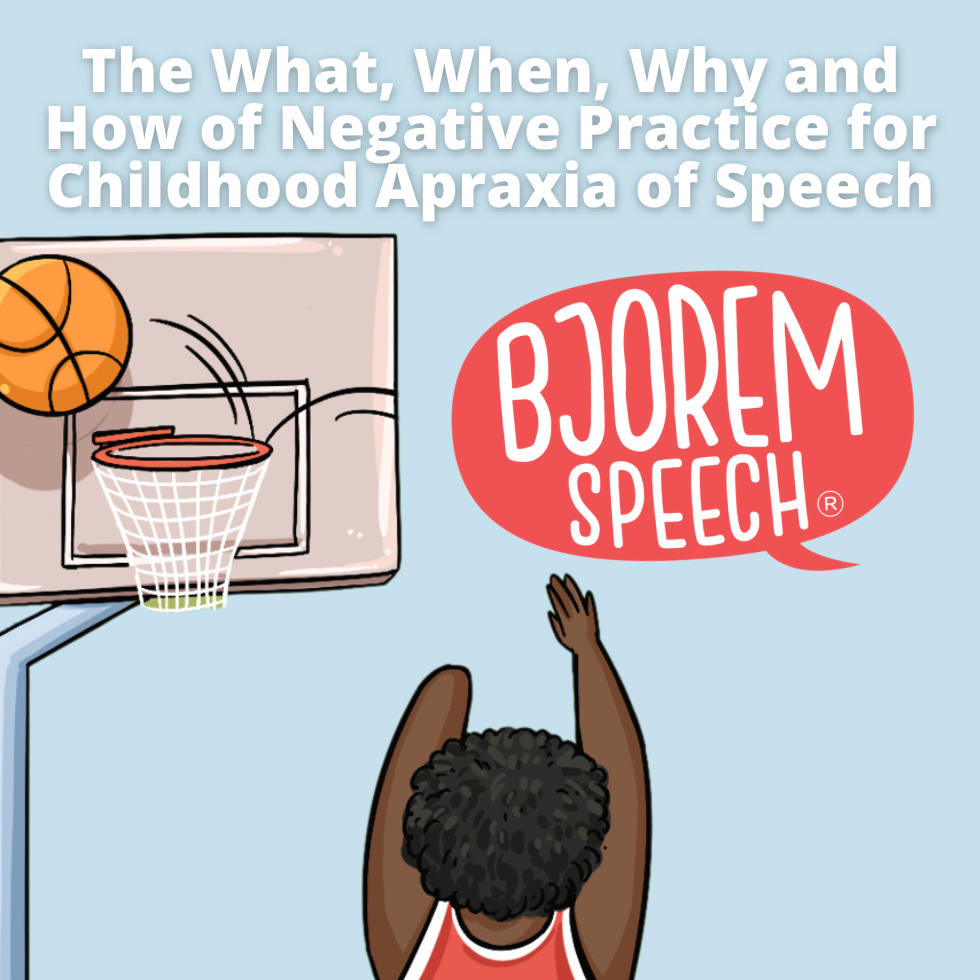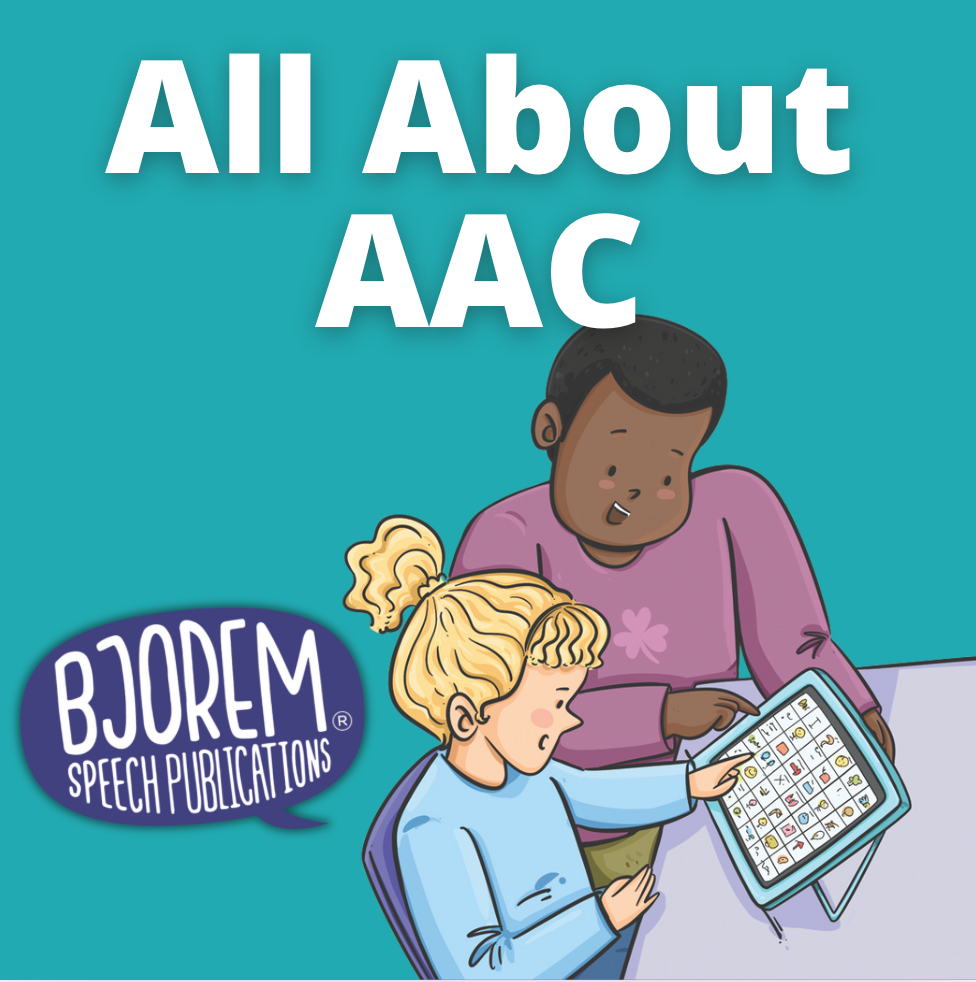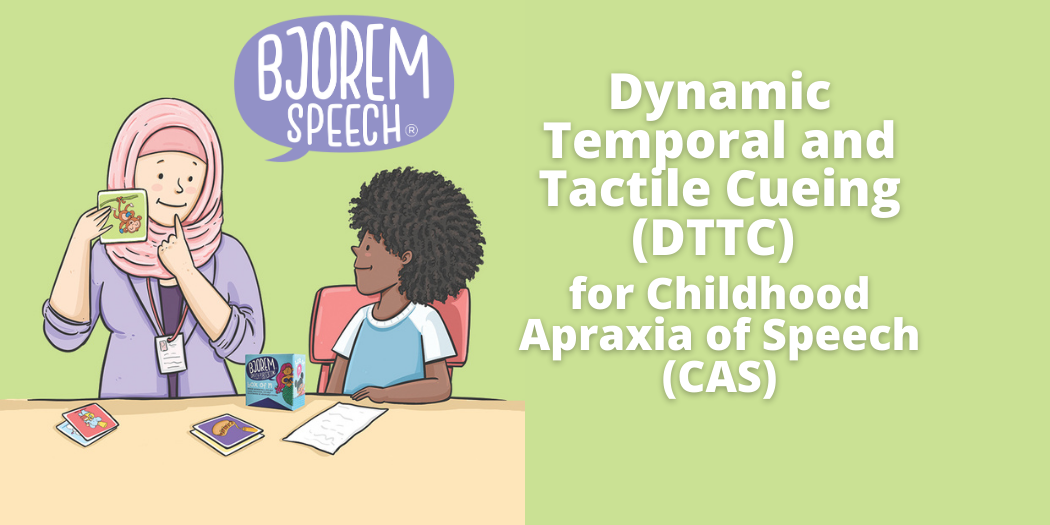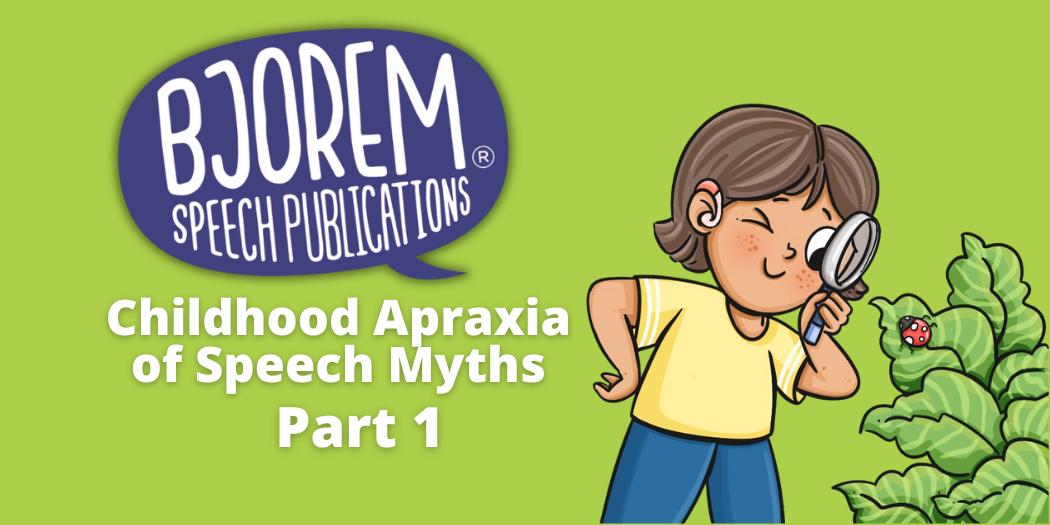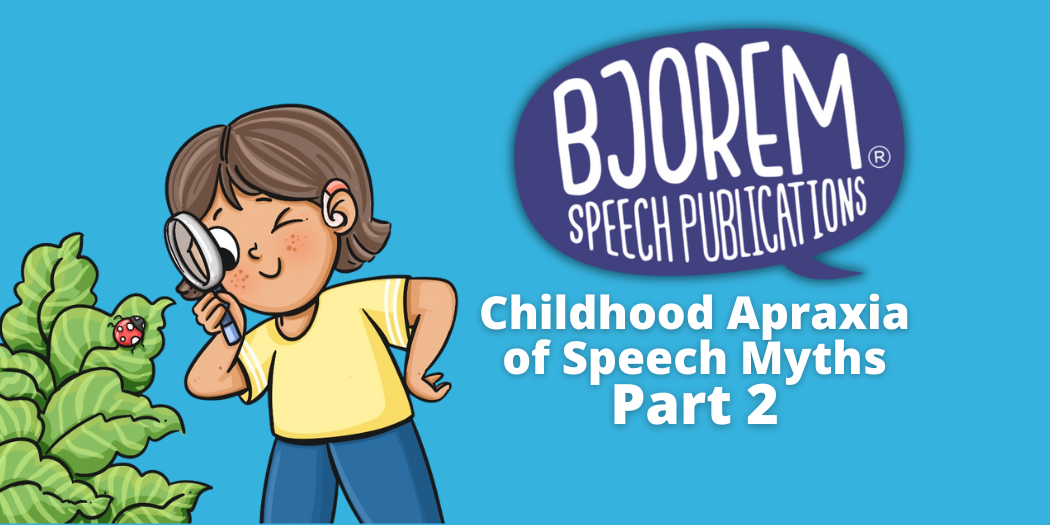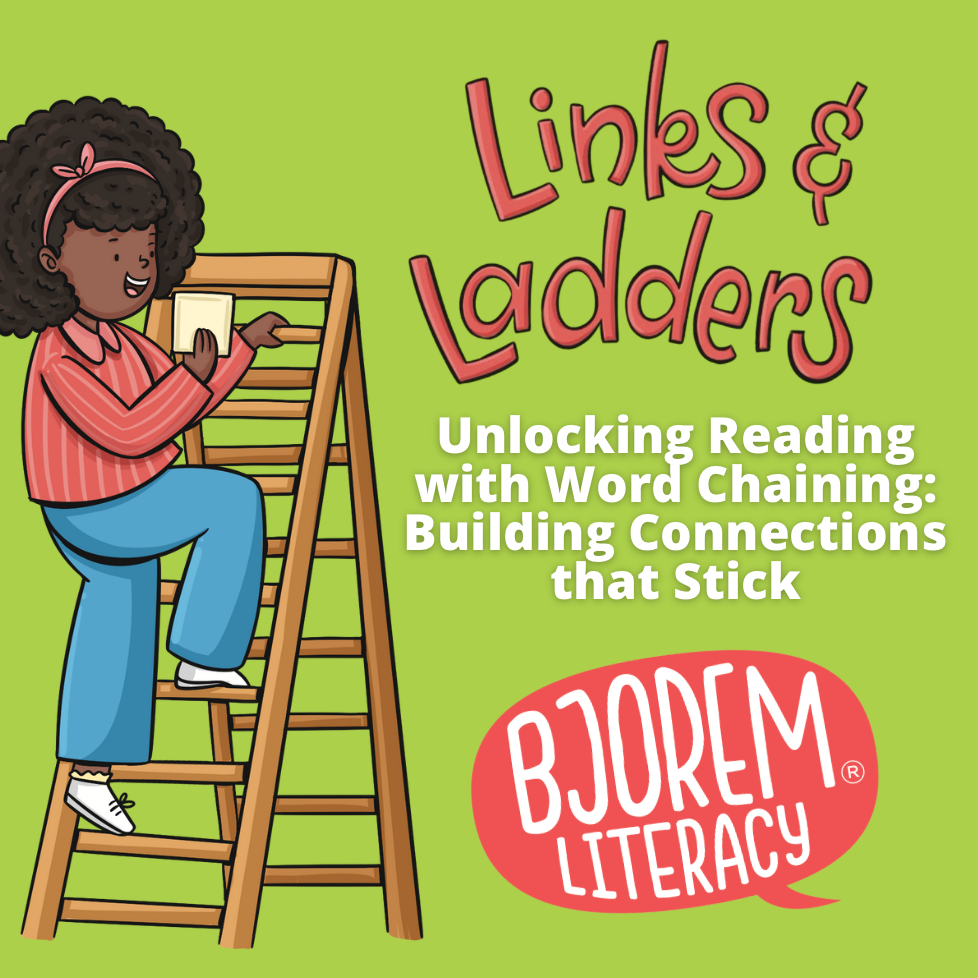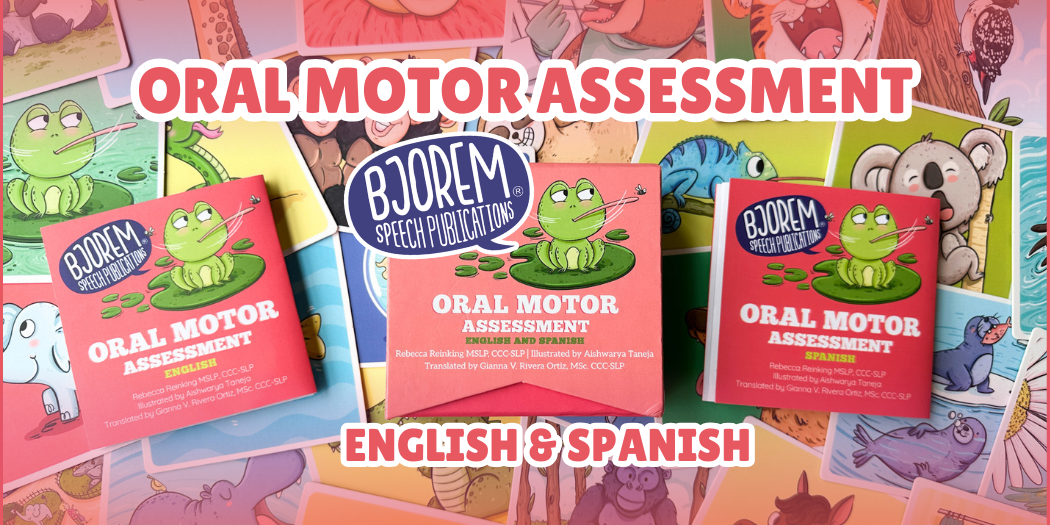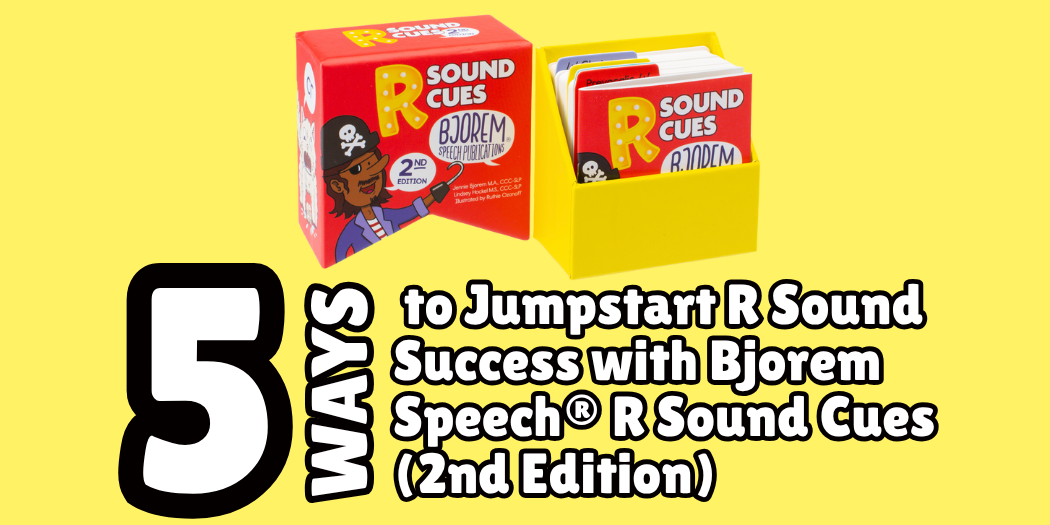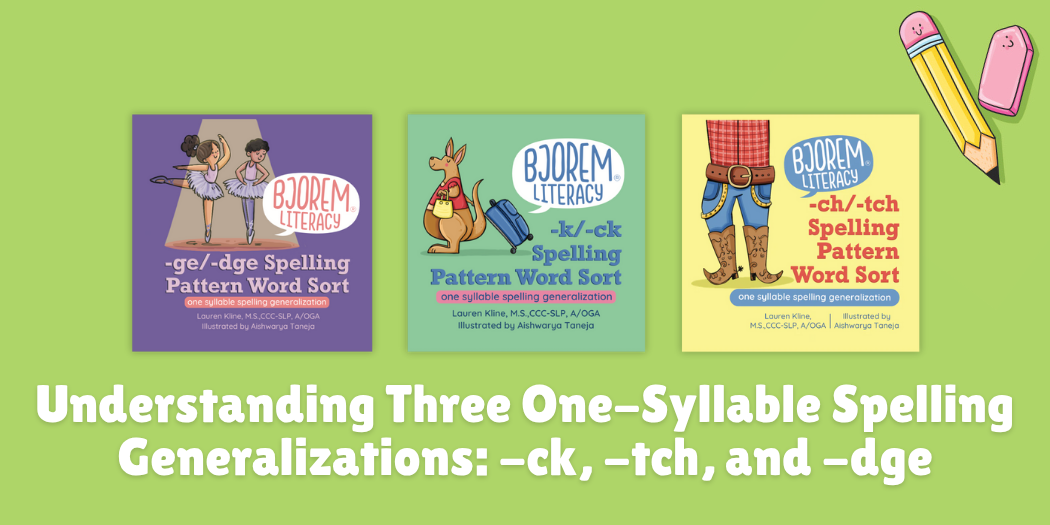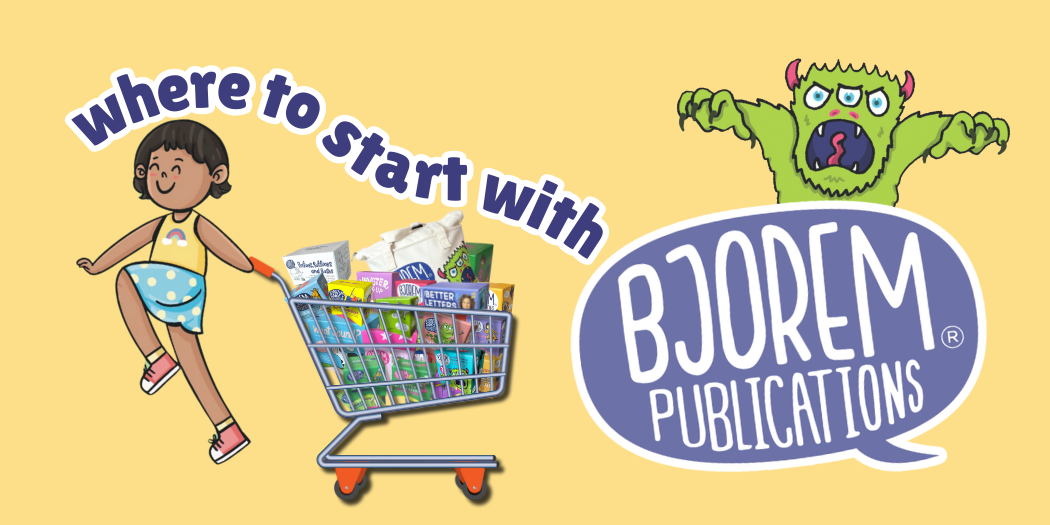If you've ever wondered how to make speech therapy sessions more exciting and effective, we've got a secret weapon for you: PLAY! Play is such a powerful tool in helping kids develop their speech and communication skills. So, fasten your capes and get ready to explore the importance of play in pediatric speech therapy!

Why Play Matters
Before we dive into the fun stuff, let's talk about why play is so crucial in pediatric speech therapy. Children, especially little ones, learn best when they're engaged and having a blast. Play allows them to explore their world, experiment with sounds, and build their vocabulary in a relaxed and enjoyable environment.
-
Building Trust: For kids, speech therapy can be a little intimidating. But when you turn it into a playful adventure, they're more likely to feel comfortable and safe, making it easier to open up and communicate.
-
Learning Through Imitation: Children are natural mimics. When they see you pretending to be a pirate, an astronaut, or a talking animal, they're eager to join in, which provides endless opportunities for speech practice. Another hack we love is to have toys "join" in therapy. If the child doesn't want to participate... maybe their preferred toy/character does! Maybe Sky from Paw Patrol takes a turn practicing her speech sounds and encourages the child to take a turn.
-
Contextual Learning: Play often involves storytelling and role-playing, helping kids understand language within real-life contexts. This helps them apply what they learn to everyday situations. When you choose functional and meaninful target words for the child, they should be easily applicable into play routines. For example, Jennie once worked with one of her clients on the word "seven" (targeting medial /v/) while playing football outside and scoring touchdowns.
In the world of pediatric speech therapy, play isn't a detour; it's the scenic route to success! So, whether you're a speech therapist, a parent, or a friend, remember that playtime isn't frivolous; it's a superpower that helps children unlock their communication potential, become more comfortable in their environment, and helps to keep them motivated and engaged - which is CRUCIAL for therapy to be successful. Embrace the joy of play, everyone involved will have a better experience!

